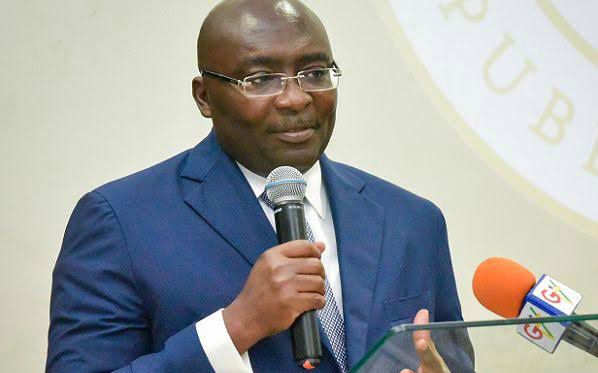Ghana is making plans to become Africa’s first blockchain-powered government. The Gold Coast’s Vice President, Mahamudu Bawumia, announced plans to adopt blockchain technology in government operations fully.
This move is part of Ghana’s broader digitisation efforts to effectively promote transparency and combat corruption.
The adoption of blockchain is expected to save billions lost to corruption, mismanagement, and lack of accountability. Ghana has already seen success with digital initiatives such as the ghana.gov portal, the Ghana Card, and the digitisation of the passport acquisition process.
Read also: Ghana approves Starlink’s application for broadband service
Ghana is poised to revolutionise its government operations by becoming the first blockchain-powered government in Africa. Vice President Mahamudu Bawumia made this groundbreaking announcement at the 14th Regional Conference and Annual General Meeting of Heads of Anti-Corruption Agencies in Commonwealth Africa, held in Accra from May 6-11, 2024.
Blockchain’s Role in Combating Corruption
Blockchain technology, renowned for its ability to securely trace alterations in digital data and provide transparent transaction trails, is seen as a game-changer in the fight against corruption. Bawumia highlighted that Ghana’s adoption of blockchain would promote transparency and significantly enhance the government’s ability to combat corruption effectively.
Ghana’s digitisation efforts have already yielded substantial benefits. Initiatives such as the ghana.gov portal, which allows for electronic payment of public services, have resulted in the collection of GH¢201 billion since 2020. The introduction of the Ghana Card has helped identify and eliminate ghost pensioners, saving the country GH¢480 million annually. The passport acquisition process has also seen significant improvement, with a surge in revenue from GH¢12 million to GH¢94 million between 2018 and 2023, thanks to digitisation efforts.
Read also: NIRA tasks Nigerians on usage of .ng domain name
Bawumia emphasised the importance of African anti-corruption agencies investing in initiatives like digital forensics and blockchain technology to track, trace, and disrupt corruption networks on the continent. He also highlighted the potential impact of the Central Bank of Ghana introducing the Central Bank Digital Currency (CBDC), known as the E-Cedi, in furthering Ghana’s fight against corruption.
Ghana’s Commitment to Transparency Through blockchain-powered Use
Ghana’s commitment to adopting blockchain technology underscores its dedication to transparency, accountability, and efficiency in governance. As the country continues its digitisation journey, leveraging blockchain technology could prove instrumental in securing its place as a beacon of digital innovation in Africa.




